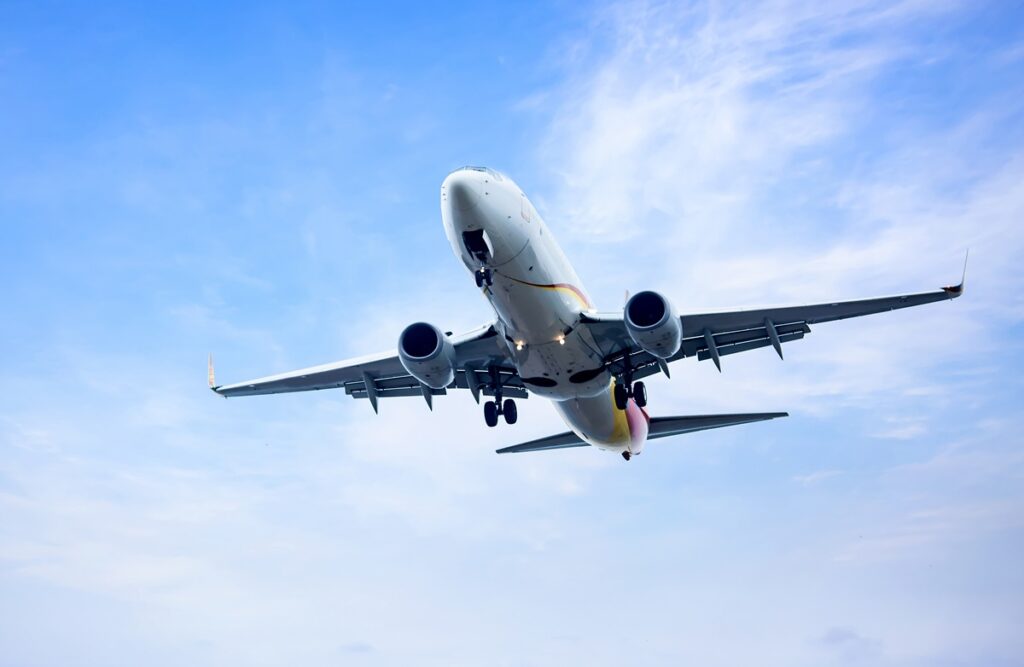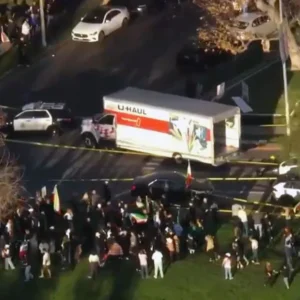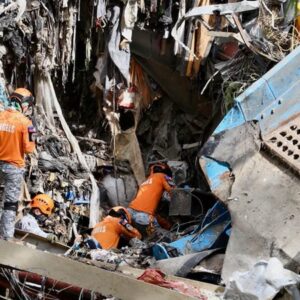A week into the U.S. government shutdown, major airports are experiencing mounting flight delays and cancellations as air traffic control staffing shortages strain operations across the country.
At Nashville International Airport, the control tower was forced to operate at minimum capacity on Tuesday, pushing some approach duties to the Memphis Air Traffic Control Center. Flights in and out of Nashville averaged two-hour delays by Tuesday evening, according to Federal Aviation Administration (FAA) data.
Dallas and Chicago also reported average delays of 30 and 40 minutes respectively, as towers struggled to remain adequately staffed.
Controllers Working Without Pay
Air traffic controllers are deemed essential employees and must continue working through the shutdown. More than 13,000 controllers are operating without pay, according to the Department of Transportation’s (DOT) shutdown plan.
Nick Daniels, president of the National Air Traffic Controllers Association (NATCA), said the shortages aren’t new but are being amplified by the shutdown’s financial and operational pressures.
“In the last nine months, there have been over a thousand instances where facilities had to shut down temporarily,” Daniels told media. “The shutdown doesn’t help, but this is what controllers face every day.”
California Tower Forced to Close
On Monday, Burbank Airport in California closed its tower for several hours due to a complete lack of controllers. Flights were delayed by over 2.5 hours while a San Diego facility temporarily took over.
Similar staffing advisories were reported at Philadelphia, Denver, Detroit, Indianapolis, and Phoenix, according to FAA records. More than 600 flights were delayed at Denver International and 200 at Phoenix on Monday alone.
The FAA confirmed in a statement that it’s slowing air traffic into some airports “to ensure safe operations” as staffing remains tight nationwide.
Italy’s Flat-Tax Pulls Ultra-Wealthy, Driving Milan Property Boom
Financial Strain Adds to Stress
Transportation Secretary Sean Duffy acknowledged that some controllers are taking second jobs to make ends meet during the shutdown.

“These are highly skilled professionals,” Duffy said. “I don’t want them driving Uber to pay bills — I want them focused on keeping our skies safe.”
Controllers are scheduled to receive a partial paycheck on October 14; however, if the shutdown continues, they won’t be paid again until the end of the month. Under the Government Employee Fair Treatment Act of 2019, they’ll receive back pay once the government reopens.
Duffy noted that morale is falling as controllers juggle financial uncertainty with an already high-pressure job.
Government Shutdown 2025: Workers and Military Families Brace for Uncertainty
Political Tensions Escalate
The crisis has sparked political backlash. California Governor Gavin Newsom blamed the staffing crisis on the federal shutdown, posting on X (formerly Twitter) that “Burbank Airport had ZERO air traffic controllers for six hours today because of YOUR shutdown.”
Secretary Duffy fired back, accusing Democrats of prolonging the impasse and prioritizing “illegal immigrant healthcare” over American workers.
Essential Air Service Funding Nears Expiry
The Essential Air Service (EAS) program — which subsidizes air travel for rural communities — will run out of funding by October 12, the DOT warned.
After that date, airlines flying EAS routes will do so “at their own risk,” as the agency may not be able to reimburse subsidies. The impact could be severe in Alaska, where air travel is a vital link for remote regions.
Senator Lisa Murkowski said she’s working with federal officials to prevent disruption, warning that even minor interruptions “could be detrimental to these communities.”
What’s Next for America’s Skies
As the air traffic control staffing shortages deepen, aviation experts warn of more widespread delays if the shutdown persists. Controllers continue to work long hours with limited resources, raising safety and fatigue concerns.
NATCA said it’s collaborating with the FAA to mitigate risks, but the system remains fragile. “Even a few sick calls can ripple through the entire network,” the union said.
Until funding resumes, both travelers and controllers face uncertainty in the nation’s skies.
Sources:
ABC News
Federal Aviation Administration (FAA)
Department of Transportation (DOT)
National Air Traffic Controllers Association (NATCA)






